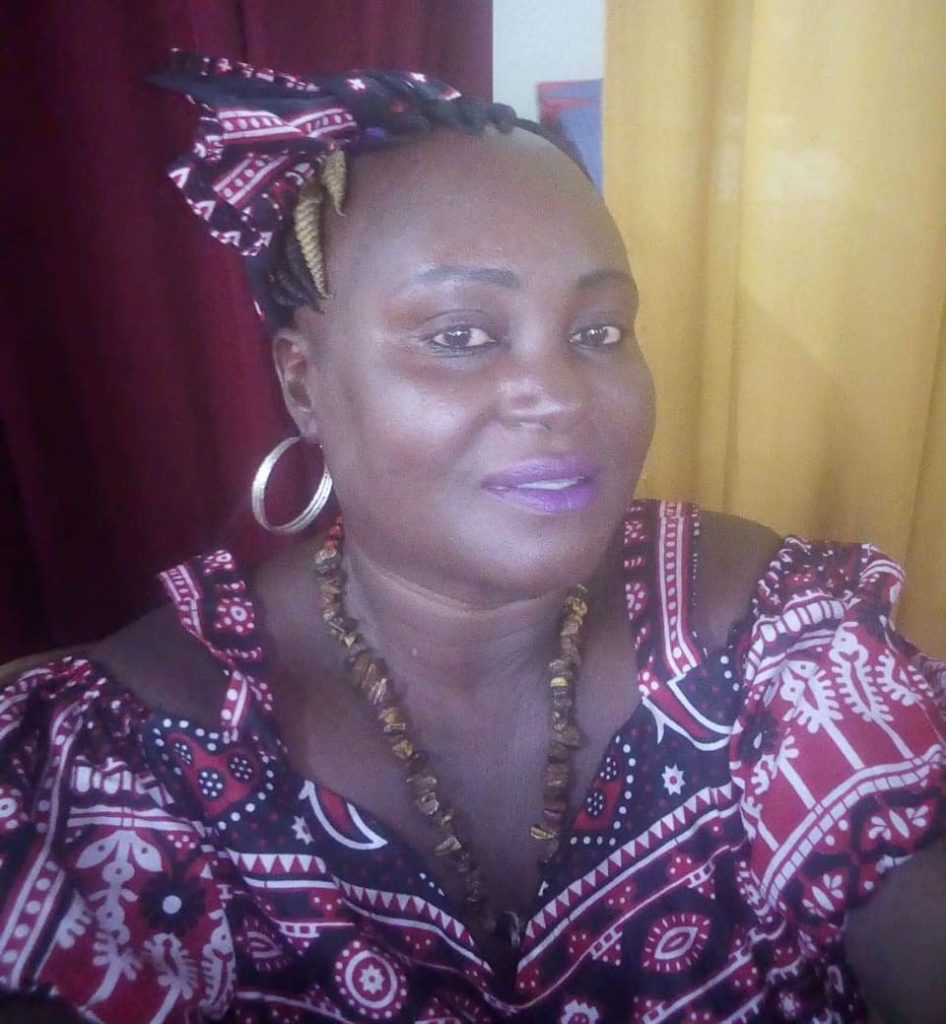Kilifi leaving no girl behind as schools reopen

Every morning when she rolls off her bed, plants her feet on the floor and takes her first yawn of the day, Masha quickly finds the motivation that sends her feel good hormone, dopamine, surging through her body.
While COVID-19 shut the world down and learners went back home indefinitely, Kilifi County was struggling with a long-running challenge of underage pregnancy. In 2019, the county recorded 9,480 underage pregnancies. Between January and May of 2020 when schools were closed because of COVID-19, Kilifi recorded 3,376 pregnancies. According to the government news outlet Kenya News Agency, 136 of these involved girls aged between 10 and 14. Although Kilifi North Sub-County led with the highest number at 713, Magarini followed a close second with 658 underage pregnancies. And it is in Magarini that Patience Masha is based.
Here she is in charge of the ‘Leave No Girl Behind’, an Action Aid programme that equips teenage girls with life-skills. Masha has recently joined the government efforts to return children to school under the ambit of National Parents Association (NPA). She was recently on air at Radio Jahazi in Kilifi during a Turudi Shule na Tumaini broadcast to urge parents to let their children return to school. Radio Jahazi is part of the DigiRedio Community Radio platform that has been funded by UNICEF Kenya to run the Turudi Shule na Tumaini campaign. NPA has partnered with UNICEF to support this campaign by providing guests to be interviewed in the partnering community radio stations.
A giver of hope, Masha is busy helping parents take better care of their little girls. “The people of Kilifi were not ready for school reopening,” she says. Her greatest concern, however, is with the locals’ parenting skills. “Kilifi seems to have a pervasive problem with parent irresponsibility. There’s a culture of girls sleeping in their grandmothers’ house. Most times the grandmother is too old to be alert at night. Girls find it easy to sneak out. Further, most parents don’t pay attention to their growing daughters’ changing needs. For instance I have got from the girls that during their monthly periods, the parents are unaware and unavailable. Usually, they get money for sanitary pads from not-so-good Samaritans, men who then demand to be ‘thanked’ sexually.”
So in the course of protecting girls, Masha has found an expanded call: talking to parents about parenting. “We have had to go out and train mothers on how to take care of their daughters. We also train fathers and address issues of abuse and responsibility over their homes.” The men of Kilifi have, apparently, abandoned the running of homes to their wives. And this is part of what Masha and other members of NPA have had to address to help children return to school.
Many parents, she says, feared for their children at a time when the raging pandemic dominated headlines. Masha and other NPA members told them that the Corona virus was unlikely to disappear soon and it was therefore imperative that they adapt instead of stalling the education of their children.
Together with the government, they are providing soaps, masks, hand-washing stations and sanitizers. “Thankfully, we have plenty of water,” Masha says with audible relief.
Their effort has been supported by the media, specifically Radio Jahazi. The radio station’s manager David Nganga praises parents’ response to the call for children to return to school.

“The impact of our call on air for children to return to school has elicited spectacular response,” Nganga says. “People realized it’s a child’s right to be in school. Initially there was a problem with school heads sending children back home for fees. We received on-air calls by parents about the issue. We informed them that no child is supposed to be sent away from school. We advised them to go to school and demand that right. And they did. It is miraculous to observe a people empowered. As we speak, almost no child is out of school.”
One negative in the coastal region is the widespread belief that there is no corona virus. “Word in the street is that COVID-19 is a myth,” says Nganga. “Sadly, this belief is most prevalent among the poor, the group that’s most vulnerable. While most other parents were anxious and fearful about their children being in school because of the corona virus, these guys were happy to delegate their parenting responsibilities back to schools. Turnout in public schools at the coast was nothing short of phenomenal.”
The good news is that private schools have implemented the COVID-19 protocols. And one of the outcomes of Turudi Shule na Tumaini radio broadcasts is community empowerment. Nganga says part of the information they broadcast is to encourage citizens to report when there is no water and demand better services. The local water company let them know that that they are getting plenty of feedback from the community and are being forced to improve their services.
Nganga adds that learners and schools report to the station that members of the NPA are very busy in schools talking to teachers and students. Kilifi, it appears, is on its way to leaving no girl – indeed no child – behind.
This reporting is with support of UNICEF Kenya under the Back to school campaign program being run by Centre for Behaviour Change and Communication (CBCC) aimed at encouraging parents to take their children back to school, empowering them on how to ensure their children’s safety and support the schools to be safe for the children during this COVID-19 season through community mobilization.
Our Services
View our Centre for Behaviour Change and Communication Services.













